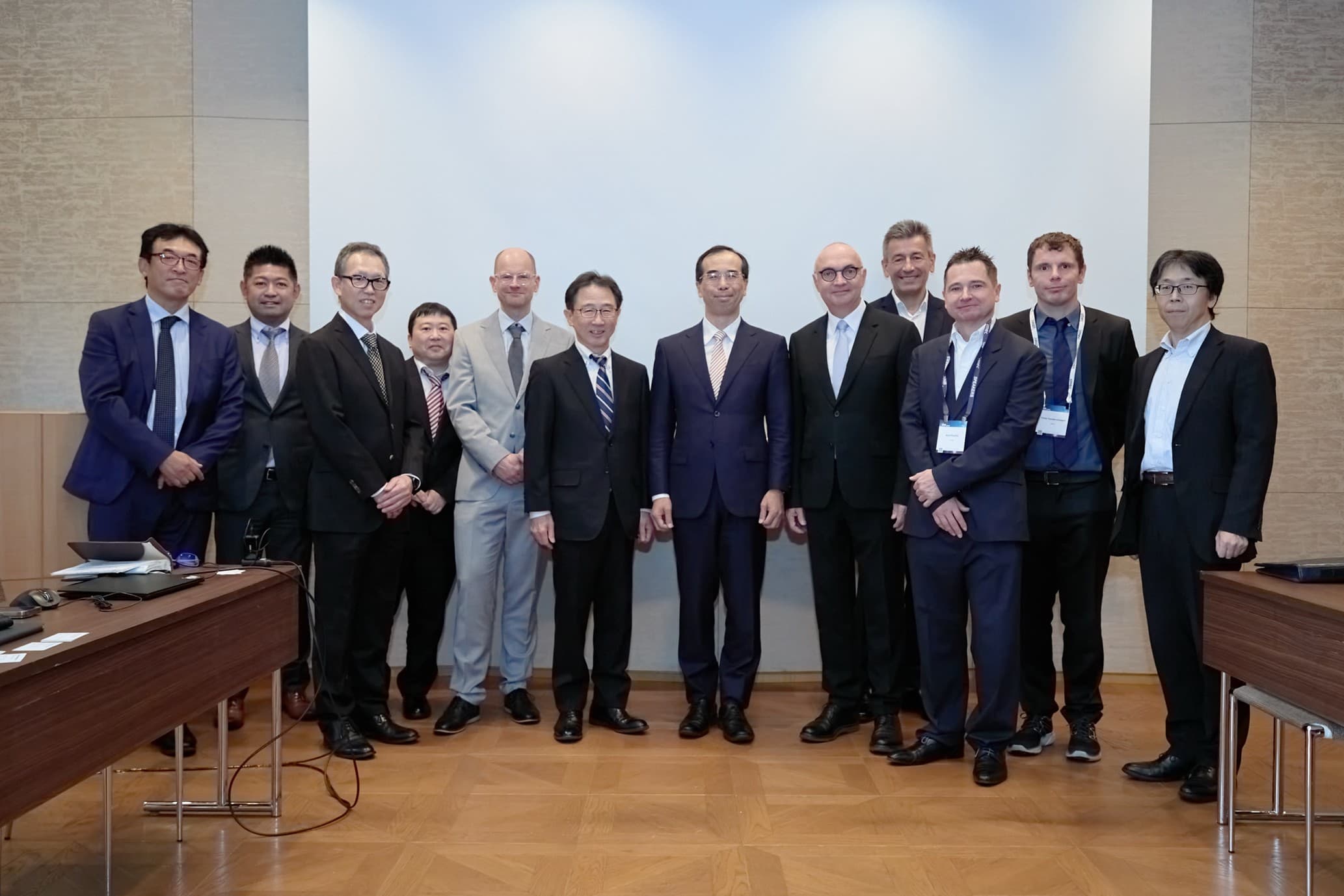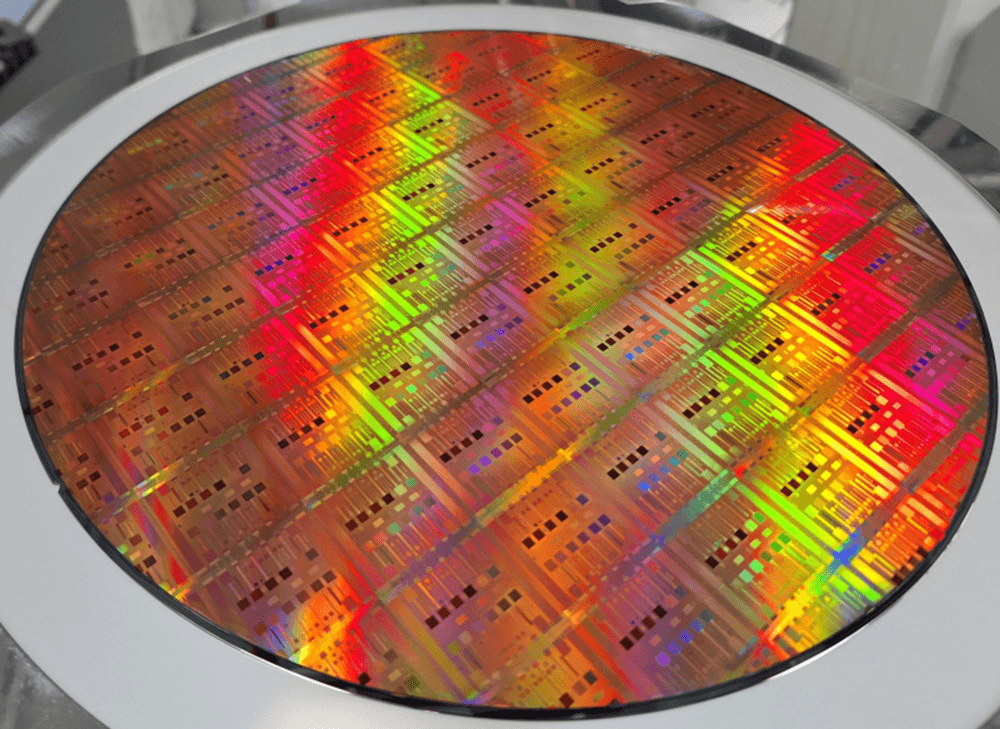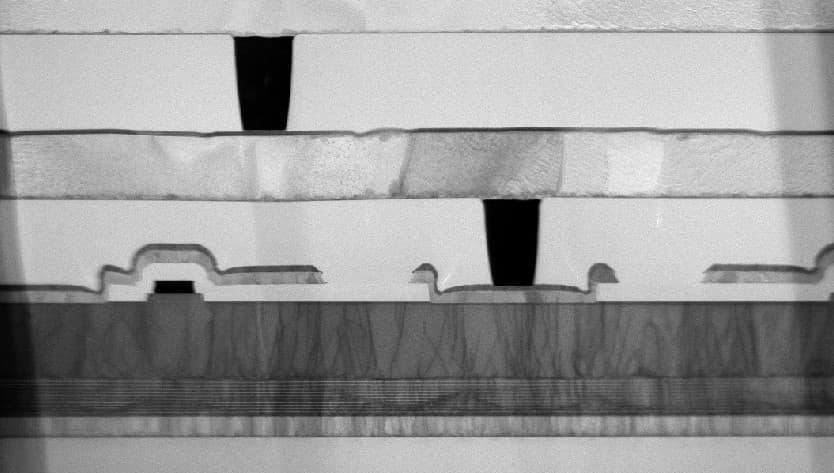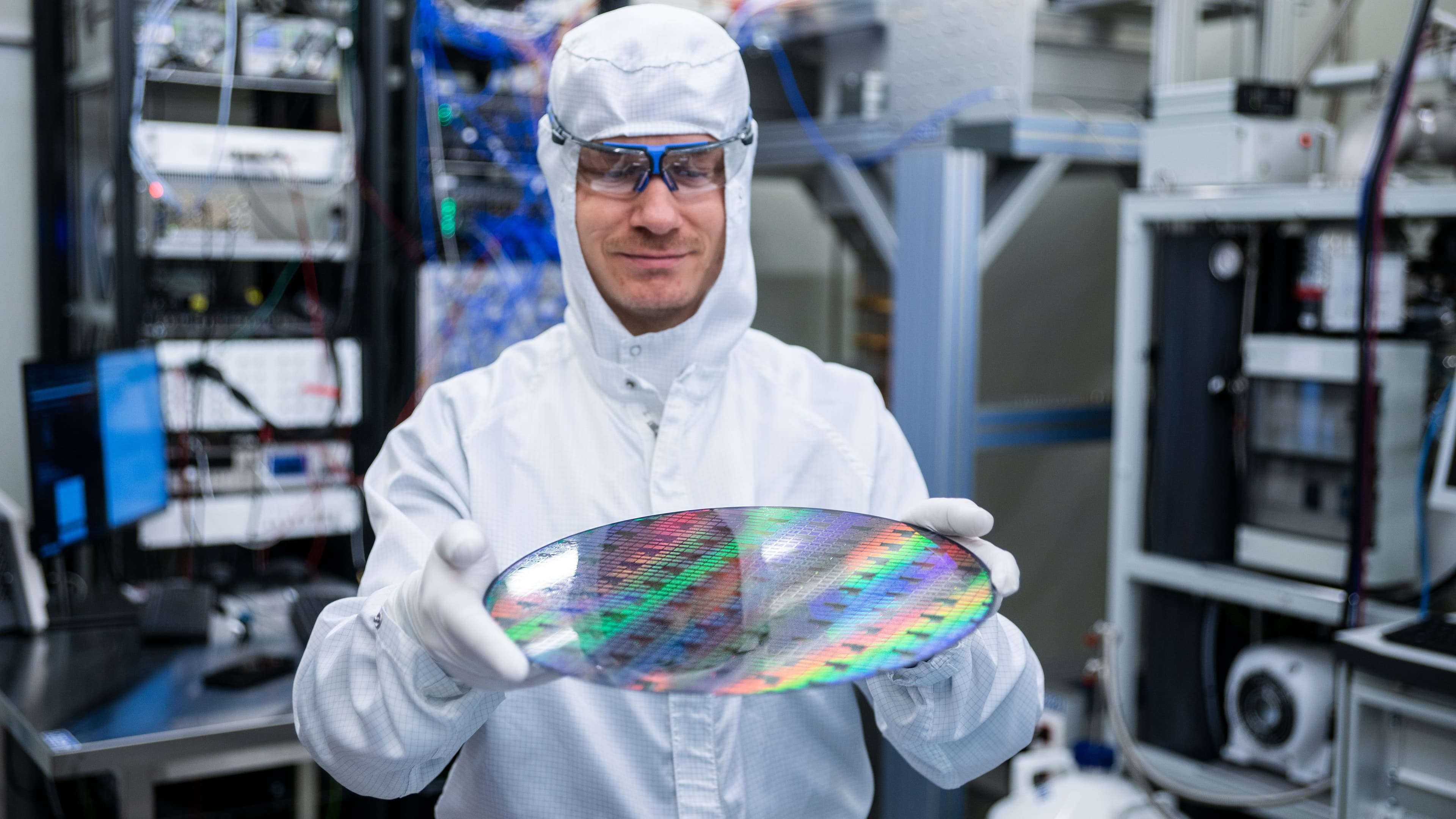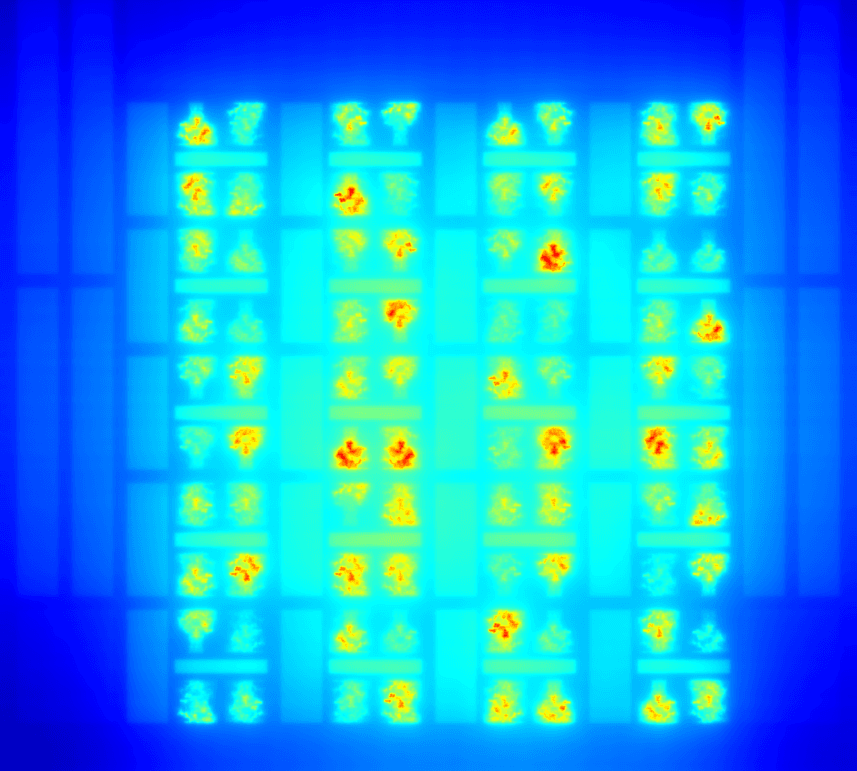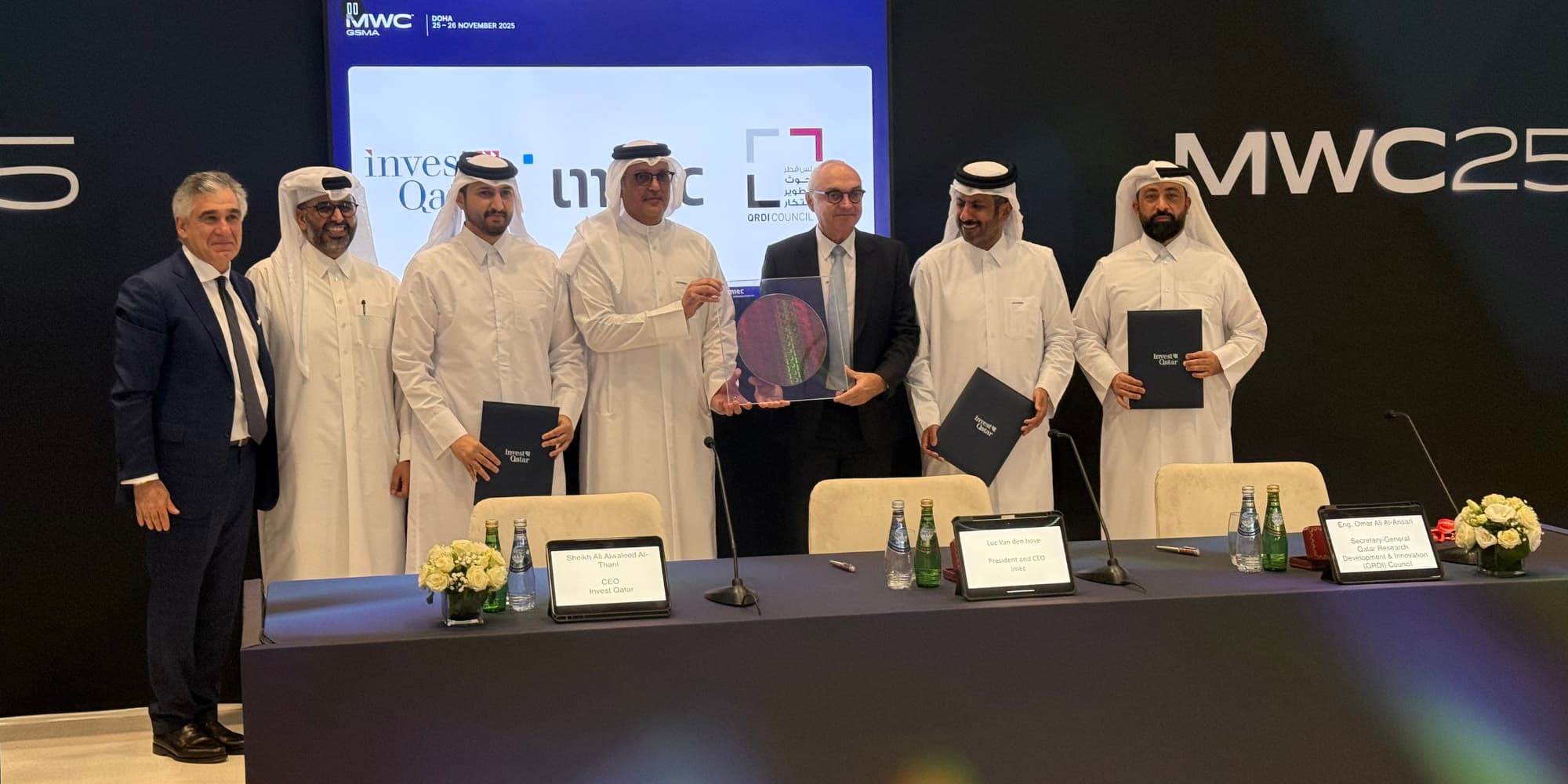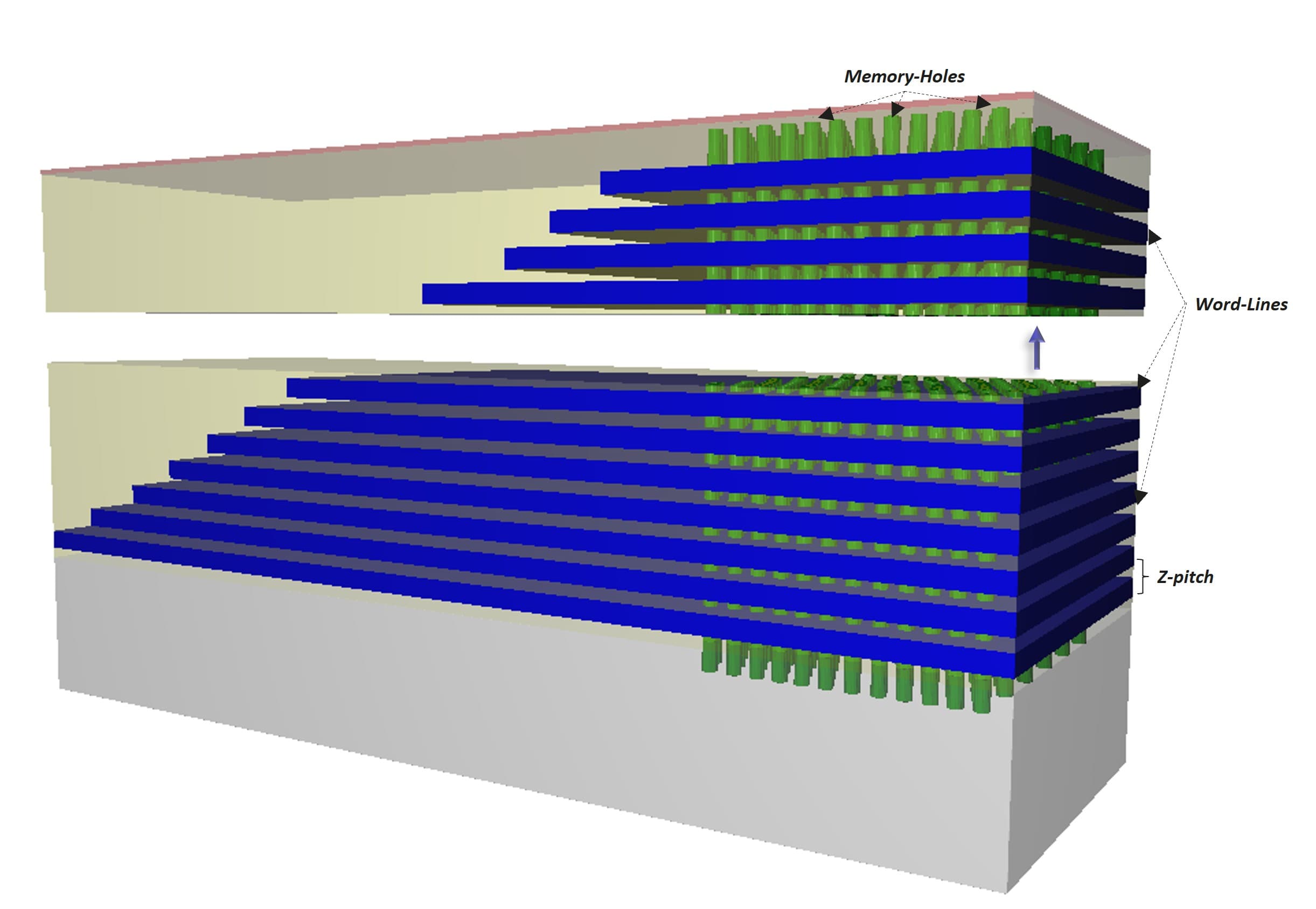
SHARCS
Selective sharing of accredited solid pod data in an HR context
Data pods, for example based on the emerging Solid technology, securely store personal data and allow n-to-m data sharing between individuals and apps/third parties. However, there are still quite some research challenges remaining. These relate to which data are shared and with whom they are shared, but also to the validity of the data that are shared. The SHARCS project aims to solve a number of these challenges for the case of secure and selective sharing of accredited personal data.
Solid: a user-centric approach to data
Today the users’ data have become a major source of income and differentiation for Internet companies. But if these data are tightly linked to the use of specific apps, they are difficult to monitor and share. Therefore, a number of industries are now adopting a more user-centric approach, managing data based on individual users instead of applications. That way, data are more application-agnostic and the user can keep control over which data to disclose to which application. A new technology facilitating such user-centric data storage and sharing is Solid, a collection of protocols for building decentralized apps based on Linked Data principles and for keeping the data available in a Personal Online Datastore or ‘pod’.
Challenges for selective data sharing
Although the Solid protocols are based on existing web technologies, their adoption is still in its infancy and there are still many unsolved challenges. In this project, we focus on secure and selective sharing of accredited personal data, using an HR context as demonstrator.
These are some of the challenges: while governmental institutions, universities, or payroll providers… enter certified data (e.g., a pay slip) there is no guarantee that partial information, or information aggregated from several certified sources is in itself also reliable or even certified. On top of that, a receiver may have a legal obligation to receive and store a copy of certain certified information (e.g., a diploma). But as a pod owner always has control over the data in the pod and data access to the pod, how can data be certified and remain certified? In sum: how can we solve the conflict between control and transparency for the user and the legal obligations and needs of the third parties that rely on the data?
Goal and outcomes
The goal of this project is to build an extension of the Solid ecosystem allowing pod users to selectively and securely share accredited pod data. The new ecosystem will include innovative:
- Decentralized authentication
- Decentral authorization based on multiple policies
- Clearing house functions
- Minimization techniques (e.g., share a degree, but not the actual grade)
- Accessibility techniques to set the right (temporary) permissions
- Data accreditation techniques (can I, as a data consumer be sure of the validity of the data?)
From a broader, multi-disciplinary perspective this project will make the ecosystem more inclusive by empowering citizens to be their own data controllers. And economically, it helps to level the playing field for innovation to all technology companies, not only to today’s web giants.
The goal is to demonstrate the results of this research in end-to-end use cases in the HR domain.
Video
SHARCS
Extending the Solid ecosystem to enable data pods that can selectively and securely share accredited pod data, demonstrating the research results in an HR context.
SHARCS is an imec.icon research project funded by imec and Agentschap Innoveren & Ondernemen (VLAIO).
It started on 01.01.2023 and is set to run until 31.12.2024.
Project information
Industry
- Docbyte
- Enhansa
- Randstad Group Belgium
- Karamel
- TrustBuilder
- Datanutsbedrijf
Research
- imec- IDLab– Ugent
- imec - MICT – Ugent
Contact
- Project lead: Paul Henon
- Research lead: Ben De Meester
- Proposal Manager: Stefan Dewallef
- Innovation manager: Eric Van der Hulst


